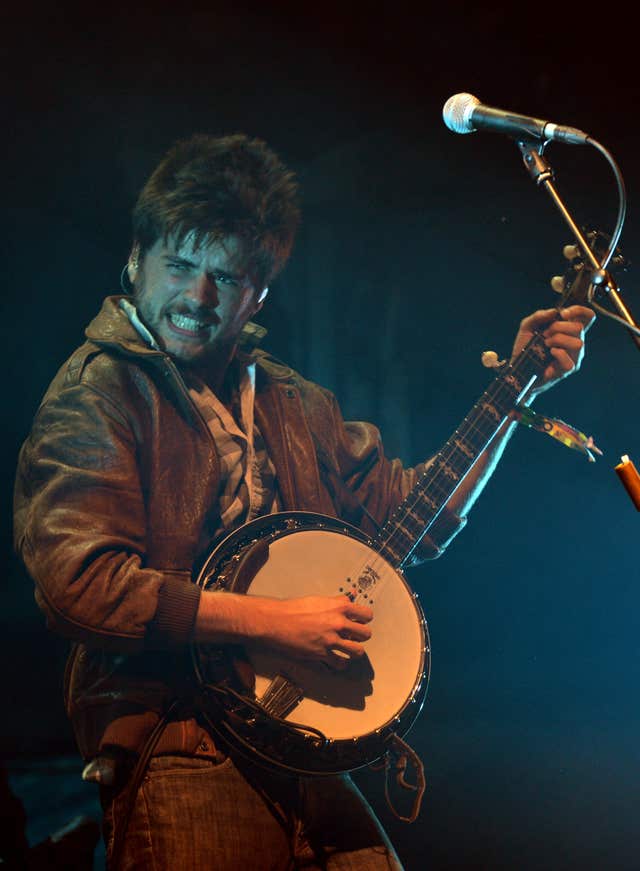Winston Marshall has said “internet mobs” targeted his Mumford & Sons bandmates before he decided to leave the group.
He told BBC Radio 4’s Today programme that a row over his praise for a book by US journalist Andy Ngo, which is viewed as controversial by some, became “damaging” to the band.
The lead guitar and banjo player triggered a debate on social media earlier this year when he tweeted in praise of Mr Ngo’s book Unmasked: Inside Antifa’s Radical Plan To Destroy Democracy.

The 33-year-old announced last week that he was leaving Mumford & Sons, blaming the move on an “unintentional Twitter storm”.
Marshall told Today on Tuesday that he had been subjected to “a lot of very horrible negativity”, which was mostly “nonsense and lies”.
He added: “But what was sort of unpleasant about it is that they went for my bandmates, they went for my friends, and that’s not fair on them because it’s got nothing to do with them.
“But in the public eye we were a unity and that’s, I suppose, what these internet mobs do.
“They go for all those people around you and that’s, I think, what was so troubling for me about the experience, was to see my friends getting dragged under the bus with me, which is not fair on them.”
He said thousands of social media posts were directed at him, adding: “It felt like very distracting, unwanted attention and possibly damaging for the brand of the band. So that’s why I decided I should let them be.”
Marshall, the son of wealthy British investor Sir Paul Marshall, said his former bandmates were “so sweet and stood by me and invited me to continue”.
“They’ve been perfectly honourable throughout and I’m very grateful for that,” he said.
“I still, sort of, obviously regret that this situation even came about and, with hindsight, it was a foolish tweet to have made.

“But it’s sort of happened and I’m at peace with it, I think.”
In the tweet, which he later deleted, Marshall said he had read the “important” book by Mr Ngo, who he praised as a “brave man”.
The Los Angeles Times wrote in February that Unmasked was Ngo’s “supremely dishonest new book on the left-wing anti-fascist movement known as antifa”.
Mumford & Sons formed in London in 2007, with some of their best-known songs including I Will Wait and Little Lion Man.
